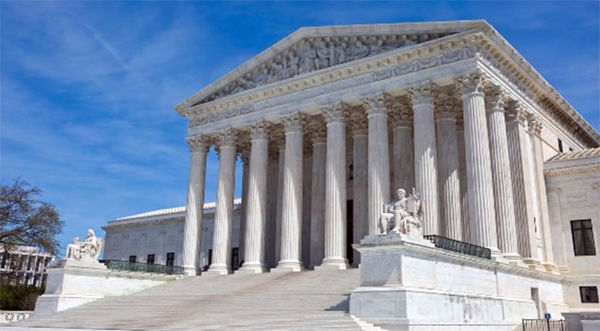How To Deal With A CCJ (County Court Judgement)
By Space Coast Daily // January 5, 2023

A Country Court Judgement or CCJ will be issued against a business or person when they have failed to pay debts back to one or more creditors.
The County Court will then instruct either the business or person to pay back the amount that is owed through the order. For example, when an individual has a bill that is unpaid, and he/she ignores all phone calls and reminder letters regarding that debt, creditors will eventually turn to the courts to apply for CCJ or County Court Judgement to force you to settle the bill.
The CCJ should not come as a surprise since the creditor has most likely already warned you by issuing a “default notice” or a “letter before action”.
Three Forms
A County Court Judgement is a letter sent by the County Court that usually includes three forms:
- N1- which will state how much you owe
- N9A – An Admission Form
- N9B – A Defense Form
If you decide to admit to this fault, you will be required to complete the N1 and N9A forms and then return these within 16 days. It is advisable to complete every section of each form and mention payment options based on your expenditure and income. We are here to assist when necessary.
If you decide to dispute this court order, complete the N9B form. If you have decided to challenge the order, it is advisable to contact our experienced team as quickly as possible so that we can discuss the options available to you.
How To Handle A CCJ
There are a few important steps you will need to take to take on a CCJ. The process is pretty straightforward and involves the following:
- The CCJ should be completed as soon as you can to prevent further action.
- The first step is to make sure the paperwork received is actually legitimate and from a court.
- Everything you need to know about these orders to ensure the document is an authentic CCJ is mentioned in this post.
- Complete the N1 form by stating how much you owe and the N9B or N9A to decide whether this fault is either disputed or accepted.
Once you have received the CCJ, it is going to be placed on a register of County Court Judgments, and it will also be registered on your credit file for a minimum of 6 years unless you can settle the debt in 30 days after you have received the CCJ. In these situations, this event will not be recorded on your credit file. The County Court Judgement will also state a minimum monthly amount that you will be required to pay, or you can choose to make your own payment offer.
If you fail to respond to this order or when the creditor is not satisfied with the payment offer, they are permitted to demand full payment immediately. If you refuse to make payments for any reason, the creditor can then request that the county court takes further action.
This could include the attachment of an earnings order or a charging order or sending in the bailiffs. If you let the creditor know about any changes in personal circumstances, you might be able to change the amount that needs to be paid and prevent any further serious action. For CCJ help and advice click here.
What Will Happen If You Ignore The CCJ?
You should never ignore a CCJ even when you believe you do not owe your creditor money. These processes can result in further actions from the creditor even when the CCJ cannot force you into repaying the amount. However, when you become a subject of one of these orders, it is not regarded as a “criminal offense.”
Your creditor can go further and hire third-party debt collectors in order to recover your assets that are equal to or similar to the debt’s value. A CCJ record will adversely affect your credit score and rating, which will make it more difficult to secure loans, mortgages, or finance in the years to come.
This post offers information on what you need to know before you deal with a CCJ.












